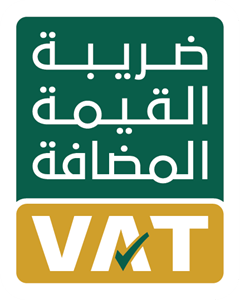Assessment criteria serve as a guide for both evaluators and participants involved in practical projects. They establish a common understanding of what constitutes quality work, ensuring that evaluations are fair, transparent, and consistent. Understanding these criteria enables individuals to:
Align Efforts with Expectations: Knowing what evaluators are looking for helps you focus your work on the most important aspects of the project.
Enhance Quality: By adhering to established criteria, you can improve the overall quality of your work, making it more likely to meet or exceed expectations.
Receive Constructive Feedback: Familiarity with assessment criteria allows for more meaningful feedback from instructors or peers, providing insights into areas for improvement.






